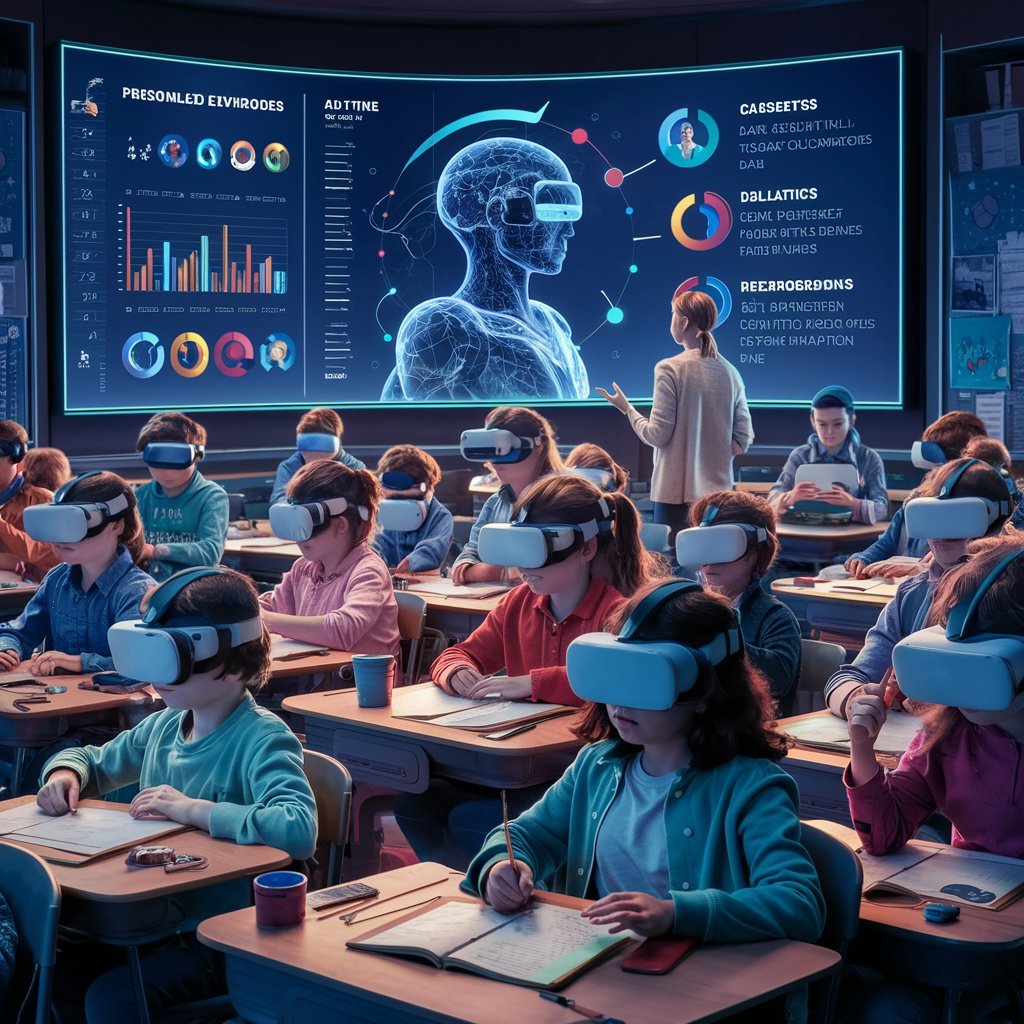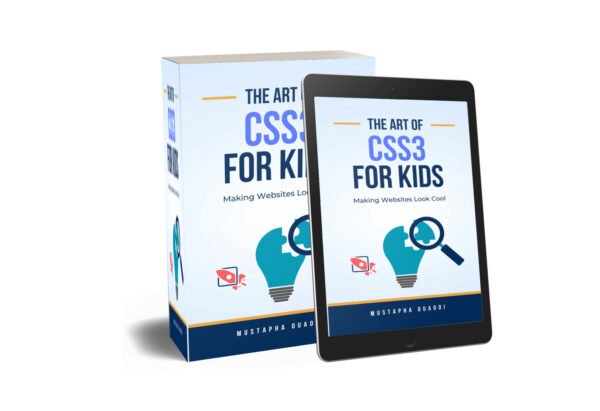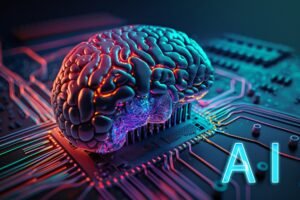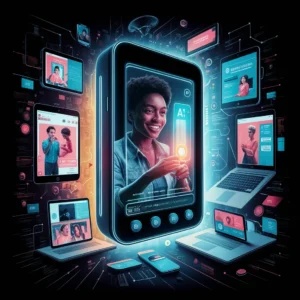CSS For Kids (2nd Edition)
🎨 Dive into the colorful world of web design with “CSS For Kids”! This engaging ebook is your child’s ticket to mastering Cascading Style Sheets (CSS) and adding some serious style to their web creations! 🌟 From vibrant colors to funky fonts and cool animations, kids will learn it all through fun activities and colorful…
Introduction:
Artificial Intelligence (AI) has revolutionized various industries, and education is no exception. With AI technologies, educators can now personalize learning experiences to meet the unique needs and preferences of individual students. This personalized approach not only enhances student engagement and motivation but also improves learning outcomes. In this article, we’ll explore how AI is transforming education by personalizing learning experiences and empowering students to reach their full potential.
Adapting to Individual Learning Styles:
One of the key benefits of AI in education is its ability to adapt to individual learning styles. Every student has a unique way of learning, whether they are visual learners, auditory learners, kinesthetic learners, or a combination of these. AI-powered educational platforms can analyze student behavior, preferences, and performance data to tailor learning materials and activities to suit each student’s learning style.
For example, AI algorithms can recommend multimedia content, interactive simulations, or hands-on activities based on a student’s preferred learning modality. By catering to individual learning styles, AI helps students learn more effectively and retain information better, leading to improved academic performance.
You Can protect the brain of your child by reading the right future sciences :
Personalized Learning Paths:
Another way AI is personalizing learning experiences is by creating personalized learning paths for students. Traditional one-size-fits-all curricula may not always meet the diverse needs and abilities of students. AI algorithms can analyze student data, including past performance, interests, and goals, to create customized learning paths that align with each student’s strengths and areas for improvement.
These personalized learning paths may include adaptive learning modules, targeted practice exercises, and enrichment activities tailored to address specific learning objectives. By providing students with content and activities that are relevant and engaging, AI helps them stay motivated and progress at their own pace.
Adaptive Assessment and Feedback:
AI-powered assessment tools offer adaptive and immediate feedback to students, enabling them to monitor their progress and identify areas for growth in real-time. These tools use machine learning algorithms to analyze student responses, identify patterns, and provide personalized feedback and recommendations.
For example, AI-based assessment platforms can adapt the difficulty level of questions based on a student’s performance, ensuring that they are appropriately challenged without feeling overwhelmed. Additionally, AI can provide targeted feedback, suggestions for improvement, and personalized study recommendations to help students achieve mastery in specific subjects or skills.
Enhancing Teacher Effectiveness:
AI not only benefits students but also enhances teacher effectiveness by providing valuable insights and support. AI-powered analytics dashboards can aggregate and analyze student data, identify trends and patterns, and generate actionable insights for teachers.
For instance, AI algorithms can flag struggling students who may need additional support, highlight areas of the curriculum that require reinforcement, and suggest personalized intervention strategies. By automating routine tasks such as grading, data analysis, and administrative work, AI frees up teachers’ time to focus on instructional planning, differentiated instruction, and individualized support for students.
Conclusion:
AI has the potential to revolutionize education by personalizing learning experiences and empowering students to achieve their academic goals. By adapting to individual learning styles, creating personalized learning paths, providing adaptive assessment and feedback, and enhancing teacher effectiveness, AI is transforming education into a more student-centered and data-driven enterprise.
As AI continues to evolve and become more sophisticated, educators have an unprecedented opportunity to leverage AI technologies to meet the diverse needs of students, foster a culture of lifelong learning, and prepare the next generation for success in an increasingly complex and interconnected world. By embracing AI in education, we can unlock the full potential of every student and create a more equitable and inclusive learning environment for all.






